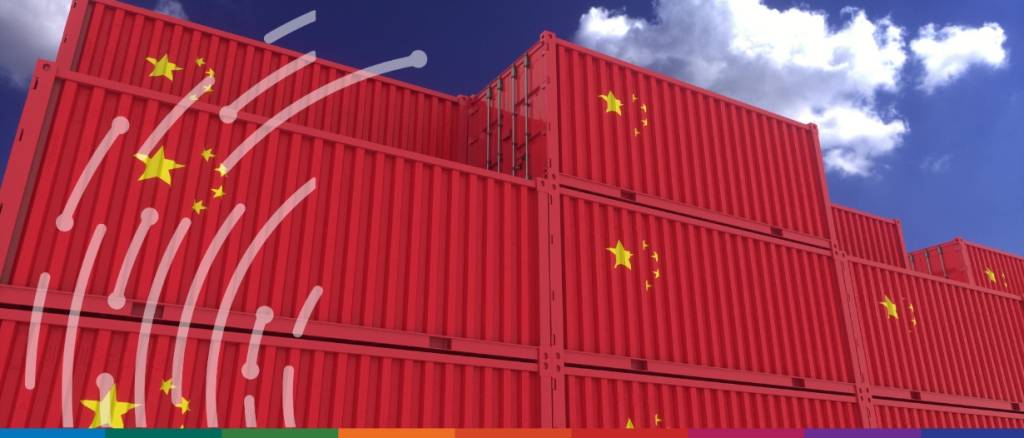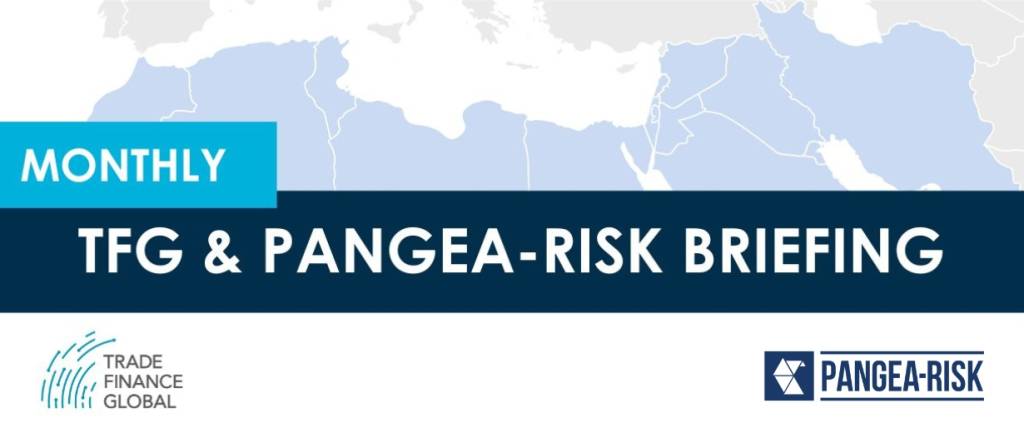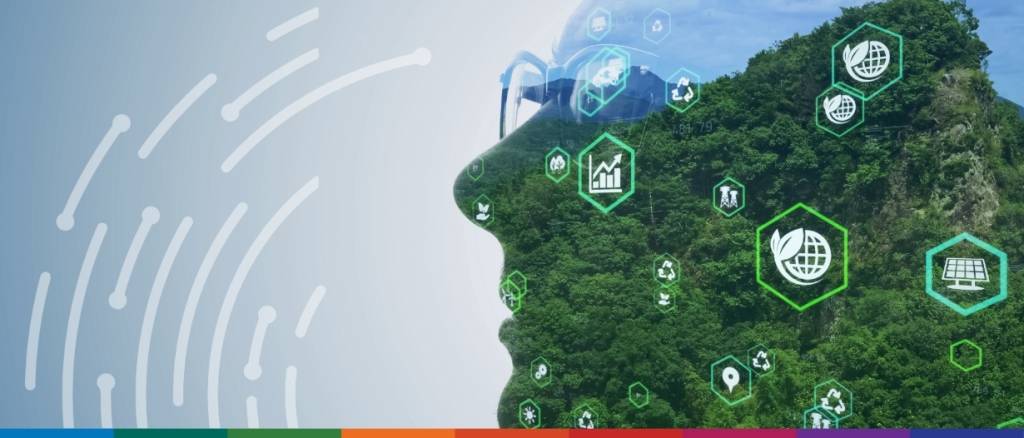Saudi Arabia’s fintech revolution didn’t happen overnight. Once known primarily for oil exports, the Kingdom is rewriting its future by embracing innovation and technology through Vision 2030, a strategy that… read more →
Most discussions of industrial policies centre on the manufacturing sector, overlooking the fact that services sectors account for much larger shares of almost every nation’s GDP. The service sector trade… read more →
In today’s climate-conscious world – where embedded carbon increasingly shapes trade decisions – the most vulnerable are the micro, small, and medium-sized enterprises (MSMEs). According to the European Commission, small enterprises represent 99% of all businesses in the EU and contribute nearly 50% of its GDP. For a region looking to be climate-neutral by 2050, small enterprises are the EU’s footsoldiers in making the European Green Deal a reality. However, limited access to climate technology for small enterprises can be a bottleneck in the EU’s green dreams.
A newly released Visa report into cross-border payments consumer preferences shows a booming industry with a young, varied client base who prioritises security in their payment decisions. Despite a growing… read more →
A deferred payment credit, or letter of credit (LC) available by deferred payment, specifies a tenor for payment of drawings under the LC. The tenor may be stated as a set number of days from a date such as shipment or invoice date. Payments under deferred payment credits are made at the maturity of the stipulated tenor.
A new wave of Trump trade policies targeting Chinese imports of consumer goods from budget online stores like Shein and Temu showcase Trump’s continued efforts to curb foreign imports, using… read more →
Read more about the top geopolitical trends and risks 2024! Hear from experts on country, political & trade risks throughout the world.
When the news broke of the collapse of Stenn, once a visionary London-based non-bank trade finance provider suddenly and unexpectedly placed into administration after an application by HSBC in December, it seemed like an unfortunate standalone case of insolvency.
As billions of Chinese across the world usher in the Lunar New Year today, the Year of the Dragon will give way to the Year of the Snake. For those… read more →
The global push toward sustainability has highlighted the urgent need for innovative financing mechanisms to support green infrastructure. Among these mechanisms, Islamic finance stands out for combining ethical principles with an emphasis on equitable wealth distribution, particularly in emerging and underserved markets.
























